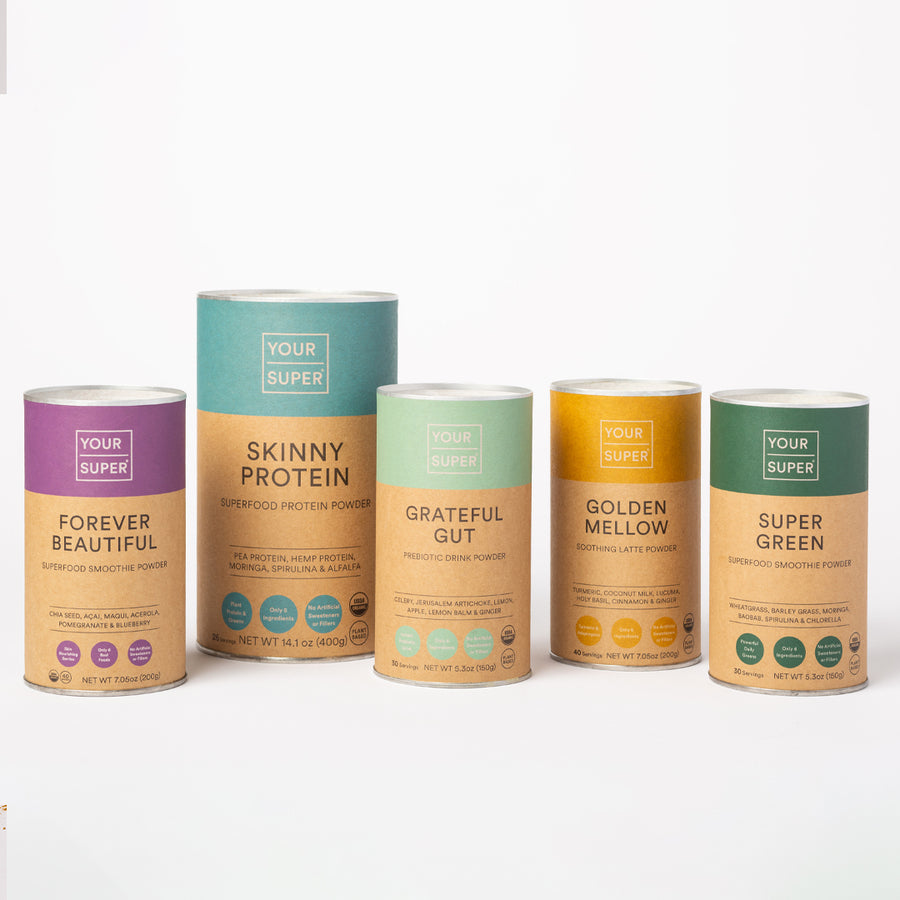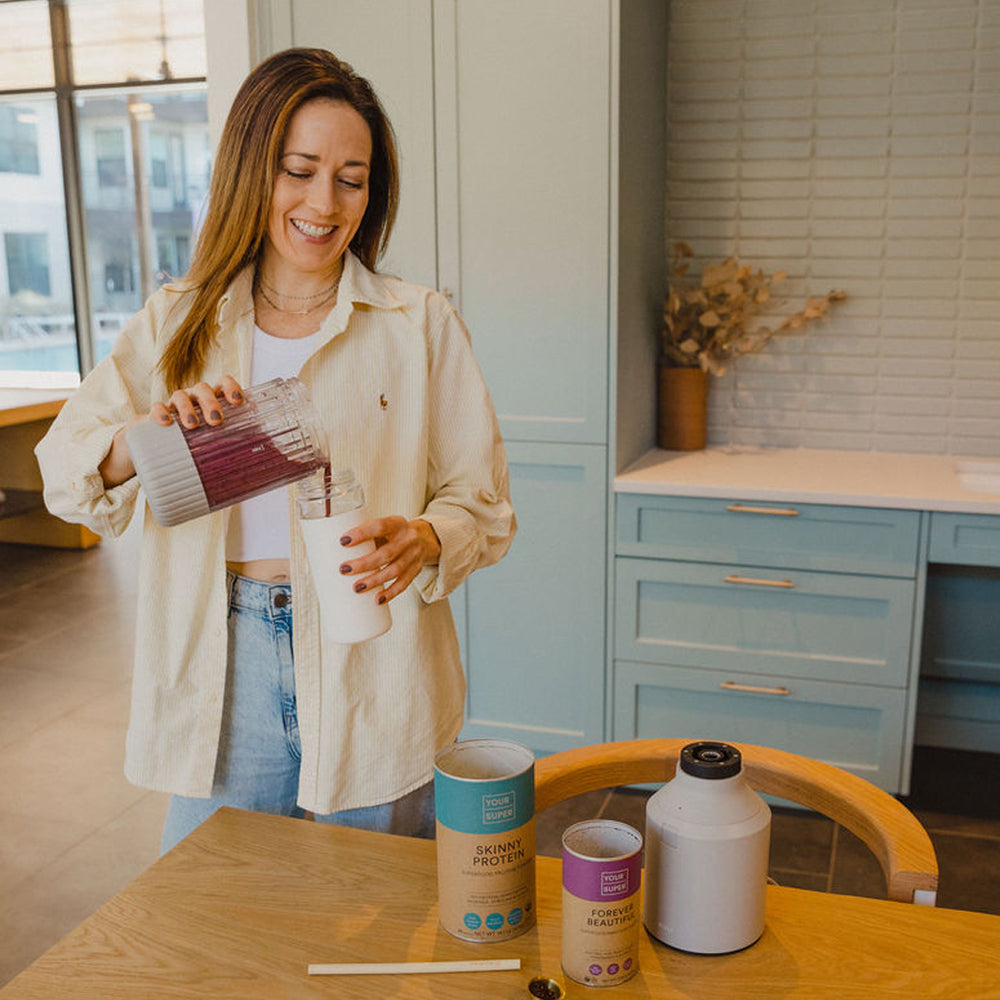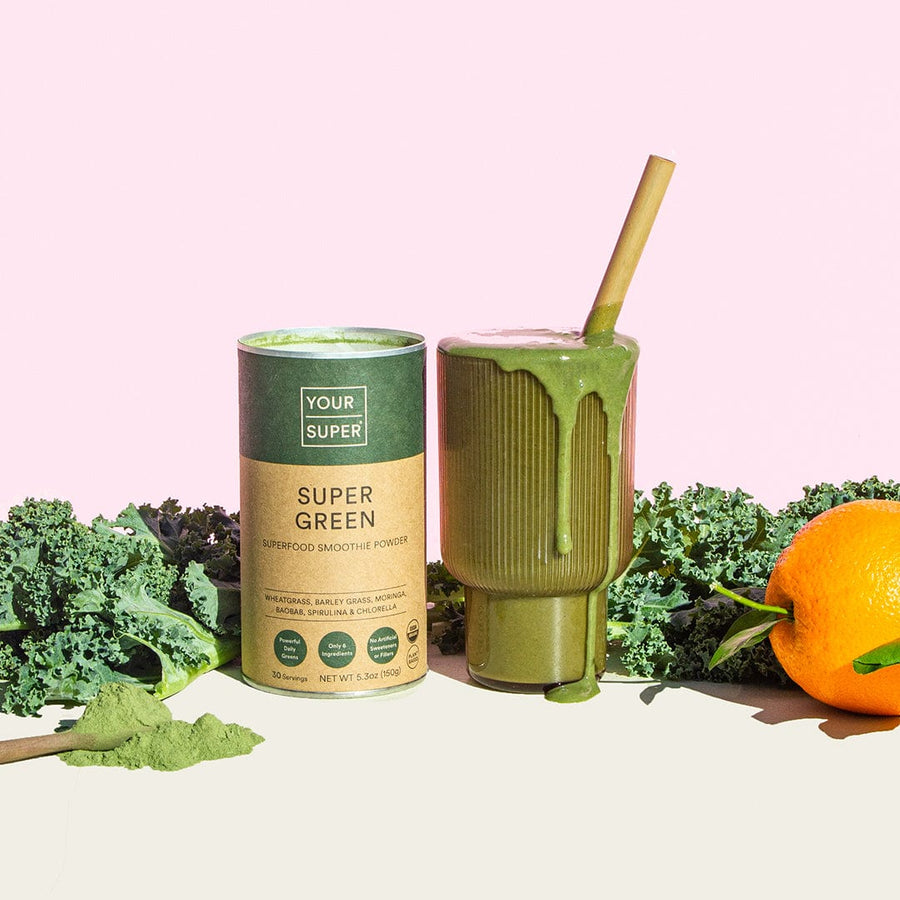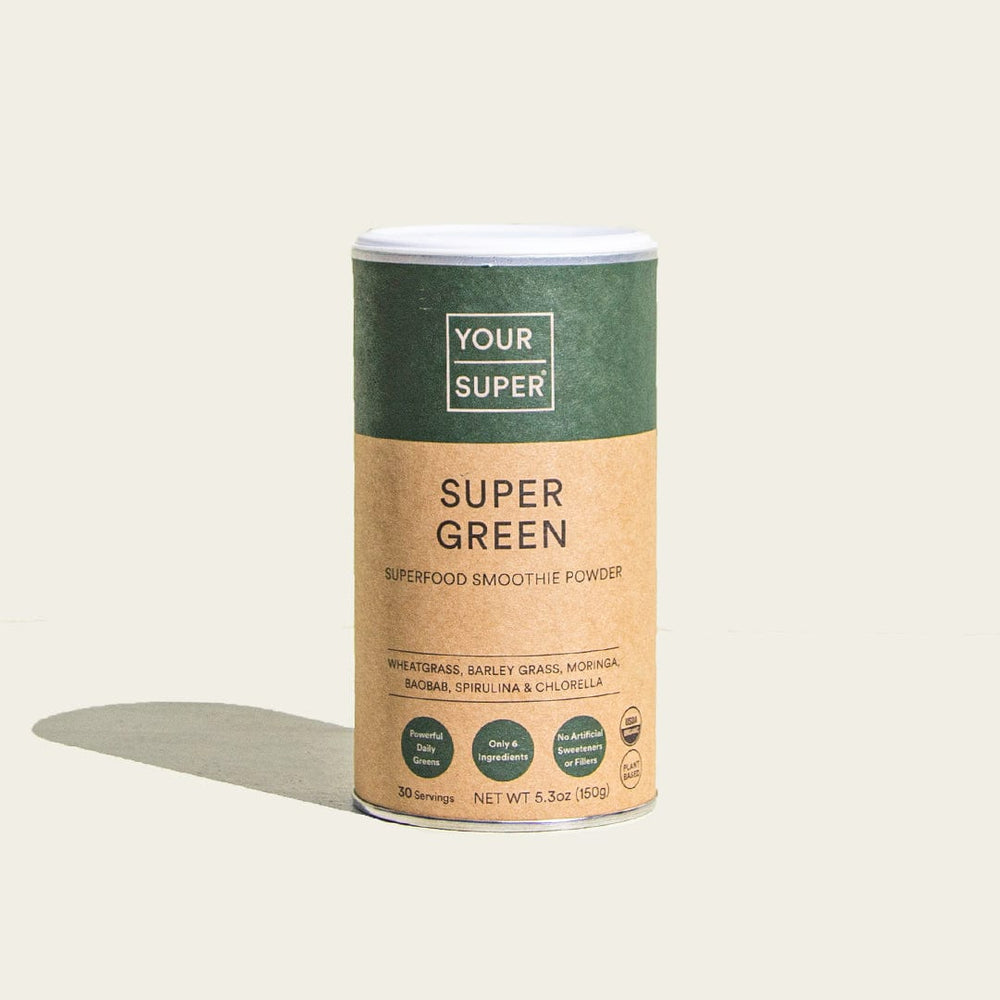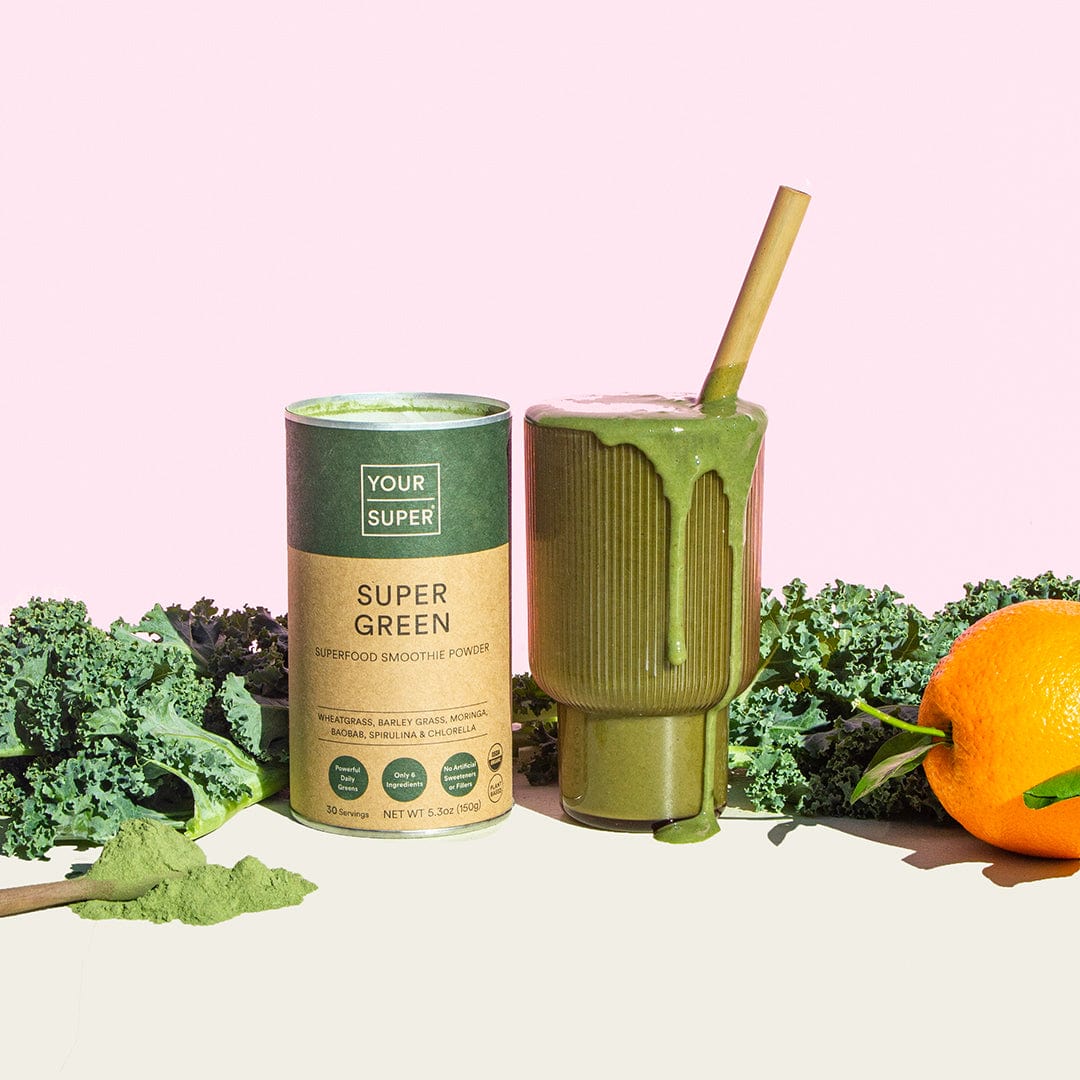How do acts of kindness translate into making your’s (and everyone’s!) everyday life happier? Get to know this movement and some tips to start today.
Acts of Kindness: the happier everyday life
Treat others with kindness and they will be kind to you - this philosophy has run societies for a long time already, and we are no strangers to it. Psychologists have a name for it: Random Acts of Kindness (or RAK). They have been studying it for years already, and have even been able to scientifically prove its positive effects (not only on you or the person you’re being kind to, but to everyone). Let’s take a look at what RAK means and how you can easily add some more in your everyday life.
Psychology Pause: What is Kindness?
Kindness is a particularly interesting field of psychology as it relates to behaviourism and emotions. We learn friendliness through imprinting our parents and social environment. However, in the process, friendly behaviour towards strangers takes a back seat. Genetically, we tend to be friendlier towards people in our immediate environment than towards those we know only briefly or not at all.
Many of us express friendliness primarily by giving gifts ; subconsciously, we expect something in return. Psychology sees this as a social exchange, which is why it is so important for us, as it keeps interpersonal relationships in balance. But what does kindness towards strangers look like? And why is it worthwhile to do something good for others "just because"?
This is where the so-called Random Acts of Kindness come into play.
What are Random Acts of Kindness?
A "Random Act of Kindness" means doing something good for others of one's own accord without expecting anything in return. Such an act does not even have to be directed at a specific person you know, but can also be intended for a complete stranger.
„It doesn't take much, but it can make a big difference to everyone. The people you helped will help other people. And those other people will help more people" - Random Acts of Kindness Foundation
Do Acts of Kindness Make You Happy?
10 proven benefits of kindness
The great thing about truly random acts of kindness is that they are not only beneficial to those that experience it, but to you too! These 10 proven benefits are enough to get started with Acts of Kindness today:
- Feeling of love and affection
- Feeling of awe, as the action stimulates reflection
- Release of oxytocin, also known as the "love hormone", which helps to lower blood pressure and increase feelings of well-being
- Feeling of strength and energy when helping others.
- More inner peace and balance
- Increased self-esteem
- Release of happiness hormones serotonin and dopamine
- Release of endorphins, which act like the body's own painkiller
- People who are friendly have a 23% reduction in cortisol levels (the stress hormone)
- Helps with anxiety and social isolation
What research shows
Researchers Milla Titova of the University of Washington Seattle and Kennon Sheldon of the University of Missouri found in their studies that you get a happiness boost from kindness, not only when you don't know the person you're being nice to, but also when you don't meet them at all. So why not just pay for another coffee in a café for the next person who comes along, or leave a little note in a book from the library (on a separate paper, not directly in the book!). Just focusing on doing something good for another person makes us feel connected to that person, which in turn makes us feel better about ourselves.
20 Random Acts for Everyday Life
- Paying someone a compliment
- Letting someone go first in the supermarket queue
- Handing out extra snacks to the postman, at your favourite bookshop, bike shop etc.
- Smiling at someone in the street
- Helping someone carry their shopping
- Helping someone who seems to be looking for something
- Giving someone your seat on the bus
- Writing a nice card to a neighbour
- Holding the door open for someone
- Praising someone at work
- Sending a nice message to a loved one
- Offering to take a photo of a couple
- Making a list of a friend's best qualities and give it to them
- Donating clothes/put a box of discarded items outside the door to give away
- Putting your mobile phone away when you are with friends and give them your full attention
- Calling a family member
- Making a playlist for someone
- Bringing food to a homeless person
- Sending a motivational message to friends or family
- At work: writing a lovely message to a colleague and tell them how much you appreciate them
By the way: 17th February is the official Random Acts of Kindness Day, but it's still nice to practice kindness every day.
Text: Rebecca Höfer


